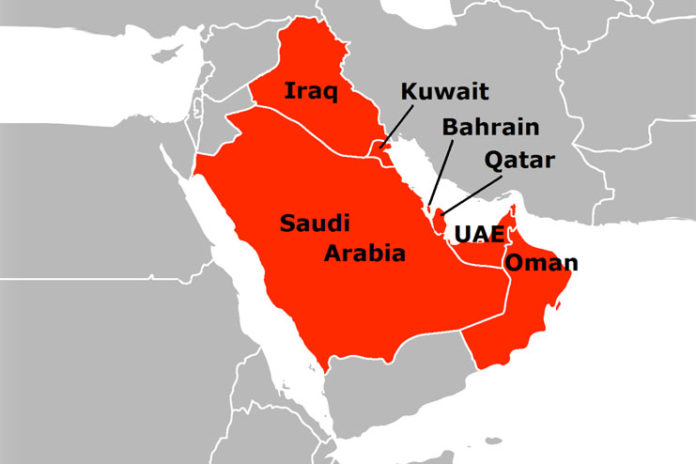Despite much criticism of GST or the Goods and Service Tax, it is now gaining popularity not just in India but abroad as well. Initially the complexities in GST caused a lot of stir among tax professionals, but now having mastered the concepts, these chartered accounting professionals are in rising demand specially in Gulf countries.
Many businesses in Gulf countries are recruiting Indian tax professionals, in lieu of their much hyped VAT from Jan 1st. The expert assistance from these Indian professionals who now have mastered GST, is becoming extremely popular in the Gulf. Their VAT or value added tax is comparatively simpler than GST, as these countries are believed to be the tax heavens of our times. But this will not be the case for long, moving ahead.
The falling oil incomes and the recessing economic leverages have prompted the Gulf countries to levy an indirect tax regime. Thus Indian CA’s are in much demand to decipher their tax codes. This has caused a number of frequent Indian fliers across the UAE from past couple of months now. Many are stationed in the Gulf already and their demand will only rise further.
Though the current VAT situation is increasing the demand of Chartered Accountants from India, but the Immigrant conditions of those already residing in the Gulf is going to deteriorate. The standard of living will rise drastically and job opportunities will lower.
Also Read: Kennedy Center Received An Aid Of $1 Million For Indian Cultural Performances
A splurge in oil supply in year 2014, caused the prices to go down in international markets. Thus prompting the Government to impose new taxes and taking severe measures. Saudi Arabia is expected to tax an expat levy on employers which will encourage hiring of more and more Saudi nationals. Currently a Saudi company pays 200 Riyal for an expat employee only for those expat’s which exceed the number of Saudi employees. And this levy is expected to increase from next year. Also currently expat levy is waived for companies where expat employees do not exceed Saudi employees. This also is expected to change, as now even these companies will be charged but at a discounted rate.
Deficits are rising and to curb them, Governments in the Gulf countries are drawing billions of dollars from their sovereign wealth funds. Six Gulf states are taking this austerity measure, a step further with plans to introduce VAT from Jan 1. Thus bringing an end to an era of being regarded as tax havens.
This time of economic recession in the Gulf countries is a concern for India too as 35% of net remittances to India come from the GCC or Saudi Nationals. And India is the largest remittance-receiving country in the world, but recently it saw a 9% drop in NRI pay-inflows from past year. The world bank report stated that $62.7 billion was the recorded NRI pay-inflow in year 2016. This is largely due to economic downturns in GCC states.
Indian External Affairs Ministry has stated that around 85 Lakh Indians work or reside in GCC countries. And in the first seven months of 2017 around 2.77 lakh of Indians relocated to Gulf countries in search of newer jobs. UAE took around 1.1 lakh which is the most of these job seekers, then Saudi Arabia took 59,911, Oman 42095, Kuwait 40010 and Bahrain 7591.













































